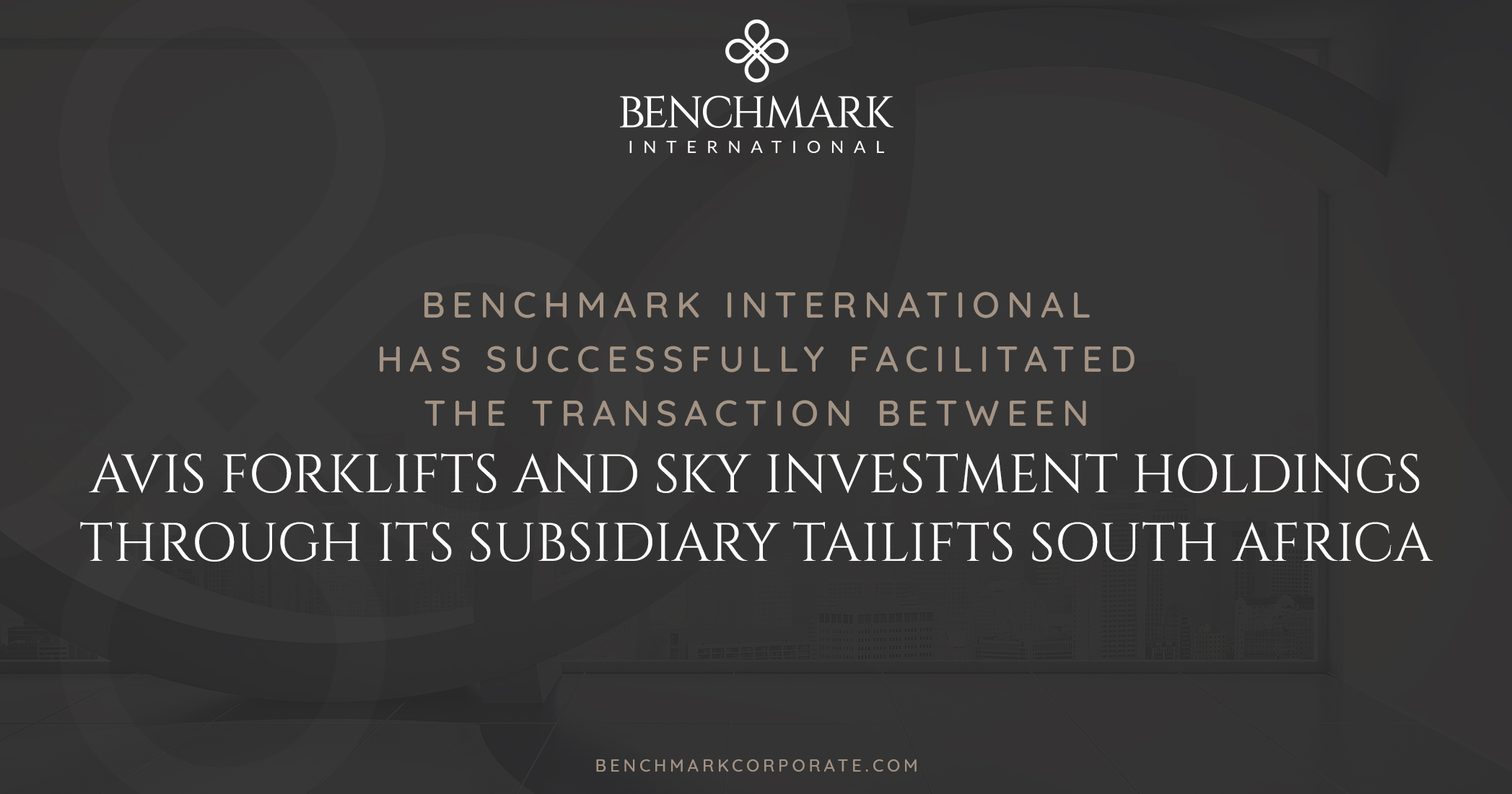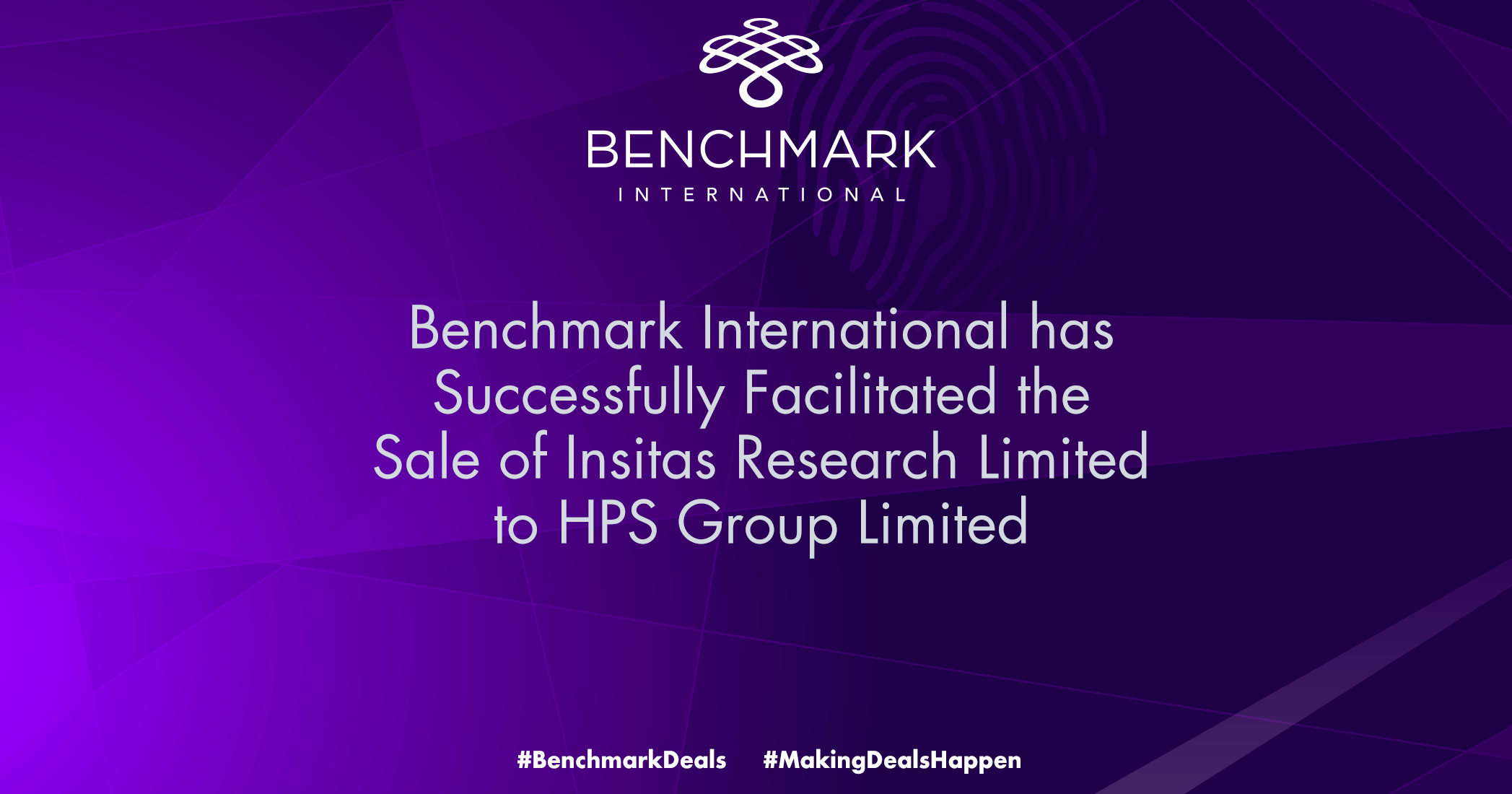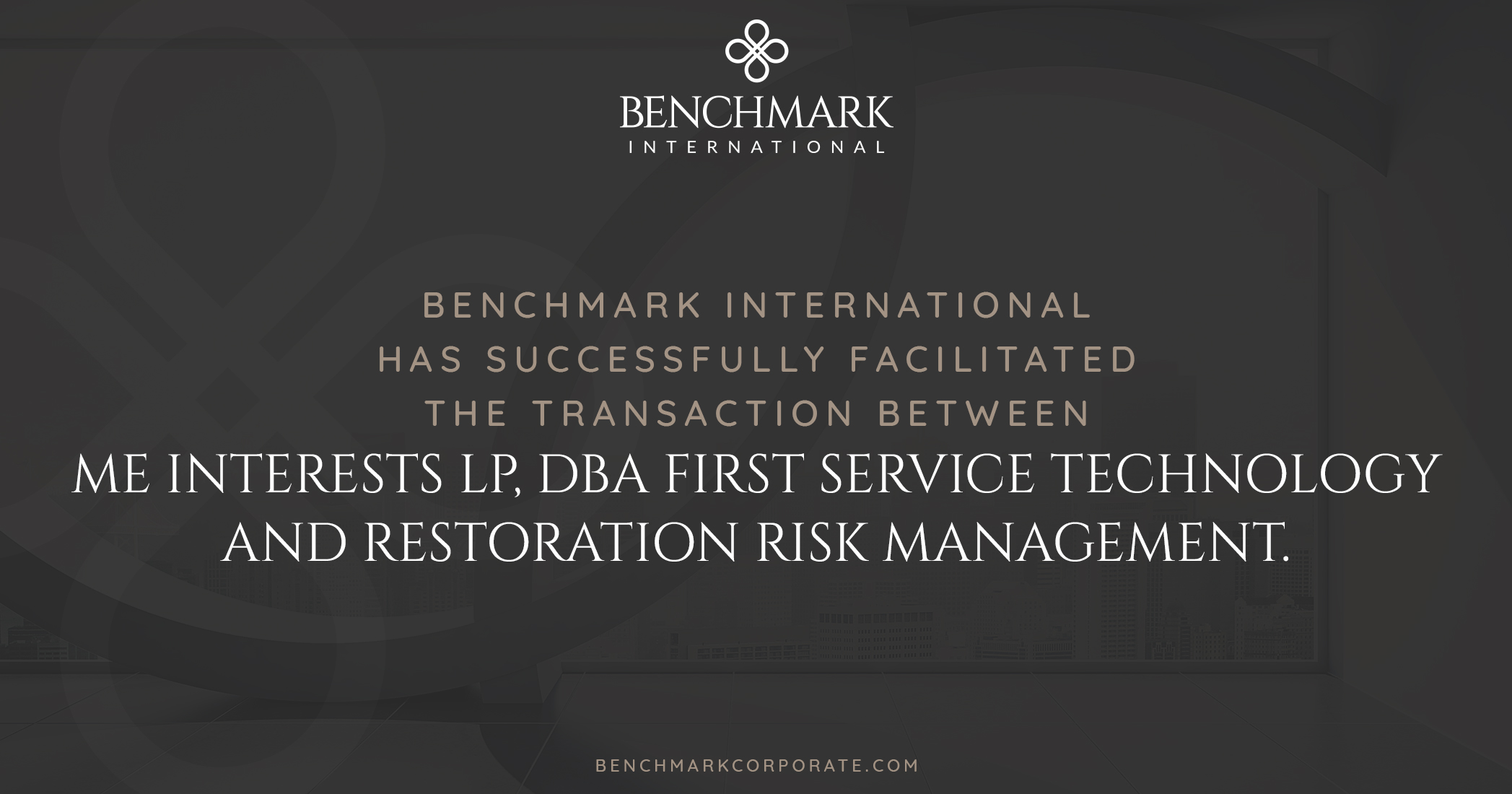The first question you will probably want to ask when thinking about selling your business is – what is it actually worth? This is understandable, as you do not want to make such a big decision as to sell your business without knowing how much it could command in the market.
Below are five different ways a business can be valued, along with which type of companies suit which type of valuation.
Multiple of Profits
A common way for a business to be valued is multiple of profits, although this typically suits businesses that have an established track record of profits.
To determine the value, you will need to look at the business’ EBITDA, which is the company’s net income plus interest, tax, depreciation and amortisation. This then needs to be adjusted to ‘add-back’ any expenses that may have been incurred by the current owner which are unlikely to be incurred by a new owner. These could be either linked to a certain event (e.g. legal fees for a one-off legal dispute), a one-off company cost (e.g. bad debts, currency exchange losses), are at the discretion of the current owner (e.g. employee perks such as bonuses), or wages/costs to the owner or a family member that would be more than the typical going rate.
Once the adjusted EBITDA has been calculated this figure needs to be multiplied; this is typically between three and five times; however, this can vary – for example, a larger company with a strong reputation can attract towards an eight times multiple.
This provides an Enterprise Value, with the final ‘Transaction Value’ adjusted for any surplus items, such as free cash, properties and personal assets.

Asset Valuation
Asset valuation is suitable way to value a business that is stable and established with a lot of tangible assets – e.g. property, stock, machinery and equipment.
To work out the value of a business based on an asset valuation the net book value (NBV) of the company needs to be worked out. The NBV then needs to be refined to take into account economic factors, for example, property or fixed assets which fluctuate in value; debts that are unlikely to be paid off; or old stock that needs to be sold at a discount.
Asset valuations are usually supplemented by an amount for goodwill, which is a negotiable amount to reflect any benefits the acquirer is gaining that are not on the balance sheet (for example, customer relationships).
Entry Valuation
This way of evaluating the value of a company simply involves taking into account how much it would take to establish a similar business.
All costs have to be taken into account from what it has taken to start-up the company, to recruitment and training, developing products and services, and establishing a client base. The cost of tangible assets will also have to be taken into account.
This method for valuing a business is more useful for an acquirer, rather than a seller, as through an entry valuation they can choose whether it is worth purchasing the business, or whether it is more lucrative to invest in establishing their own operations.
Discounted Cash Flow
Types of companies that benefit from the discounted cash flow method of valuing a business include larger companies with accountant prepared forecasts. This is because the method uses estimates of future cash flow for the business.
A valuation is reached by looking at the company’s cash flow in the future, and then discounts this back into today’s money (to take into account inflation) to give you the NPV (net present value) of the business.
Valuing a business based on discounted cash flow is a complex method, and is not always the most accurate, as it is only as good as its input, i.e. a small change in input can vastly change the estimated value of a company.
Rule of Thumb
Some industries have different rules of thumb for valuing a business. Depending on the type of business, a rule of thumb can, for example, be based on multiples of revenue, multiples of assets or of earnings and cash flow.
While this method may have its merits in that it is quick, inexpensive and easy to use, it can generally not be used in place of a professional valuation and is instead useful for developing a preliminary indication of value.
To summarise, the methods of valuation can very much vary in terms of complexity and thoroughness, and different industries will find different methods more useful than others. A good M&A adviser can best suggest which way to value your business, as well as help to counter offers in the latter stages of the process with an accurate valuation in mind.
Author:
Tony Yerbury
Director
Benchmark International
T: +44 (0) 1865 410 050
E: Yerbury@benchmarkcorporate.com
READ MORE >>
 Benchmark International
Benchmark International  Benchmark International
Benchmark International 

















